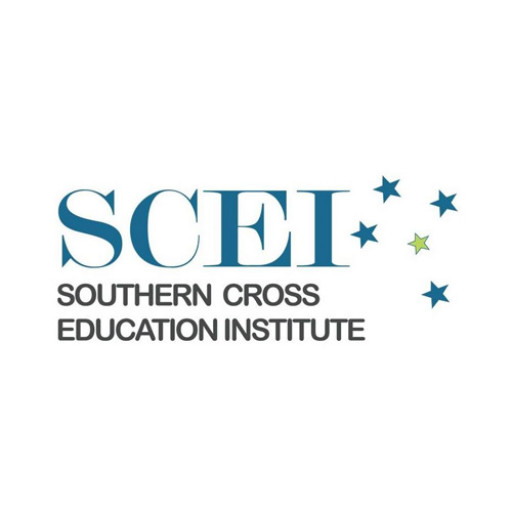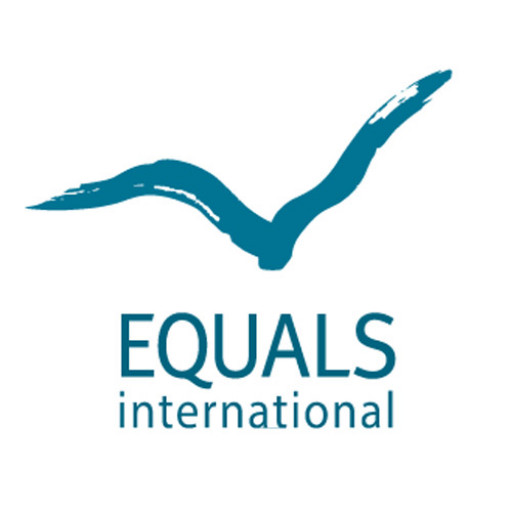Photos of university / #rmituniversity
The Child and Family Health Nursing program at RMIT University is a comprehensive postgraduate qualification designed to prepare registered nurses for a specialized role in promoting the health and well-being of children, young people, and their families in community and clinical settings. This program equips students with advanced knowledge, skills, and clinical practice experience necessary to deliver family-centered care that supports positive health outcomes across the lifespan. Throughout the course, students explore a wide range of topics including child development, family dynamics, health promotion, disease prevention, and children’s health assessment. The curriculum is structured to foster critical thinking, evidenced-based practice, and cultural competence, ensuring graduates are prepared to work effectively with diverse populations. Practical placements are integrated into the program, providing students with hands-on experience in real-world environments such as community health centers, hospitals, and family support agencies. Emphasizing interprofessional collaboration, the program encourages students to develop strong communication skills and a holistic approach to healthcare delivery. Upon completion, graduates are qualified to work as specialized Child and Family Health Nurses, contributing significantly to early intervention, health education, and community health initiatives. The program aligns with national standards and best practices in pediatric and family health nursing, supporting students’ career progression into roles that influence health policy, leadership, and research in child and family health. Recognized for its innovative teaching methods and strong industry connections, the Child and Family Health Nursing program at RMIT prepares graduates for meaningful careers dedicated to improving health outcomes for children and their families in diverse settings across Australia.
The Child and Family Health Nursing program at the Royal Melbourne Institute of Technology (RMIT) is designed to prepare students for a rewarding career in community and child health nursing. This comprehensive program provides students with the knowledge and skills necessary to promote the health and wellbeing of infants, children, and families across diverse settings. Throughout the course, students will explore a wide range of topics, including developmental theories, family dynamics, health promotion strategies, and primary healthcare practices. The program emphasizes evidence-based approaches and client-centered care, equipping graduates to work effectively with families, communities, and multidisciplinary teams. Practical experience is a core component of the curriculum, with clinical placements offering opportunities to apply theoretical knowledge in real-world environments. Participants will gain hands-on skills in health assessments, health education, disease prevention, and health advocacy, preparing them for roles in community health services, public health units, child and family health clinics, and home visiting programs. The program also covers current issues such as child protection, mental health, and multicultural healthcare, ensuring graduates are well-prepared to meet the evolving needs of diverse populations. RMIT's Child and Family Health Nursing course combines flexible learning options with expert instruction from experienced faculty members dedicated to student success. Upon completion, graduates will be eligible for registration with relevant nursing regulatory bodies, opening doors to meaningful careers dedicated to improving child and family health outcomes. Whether students are new to nursing or looking to specialize further, this program offers a solid foundation and advanced opportunities in community health nursing, making a positive impact on the lives of children and their families.
A Bachelor of Nursing degree or equivalent, and a Graduate Diploma in Midwifery or Bachelor of Midwifery degree or equivalent Current registration with AHPRA as both a nurse and a midwife. Applicants must also have a minimum of twelve months old EFT graduate experience in the nursing and midwifery. Applicants should be able to demonstrate recent clinical encounter, defined as having functioned in nursing or midwifery for a minimum of one year EFT in the past five years. Applicants are required to arrange a clinical place with a local MCH service and submit confirmation of this as part of the application procedure. Applicants are encouraged to discuss that early in the application process with the program coordinator, who'll also provide a specific form with this condition. Applicants are required to give a CV.
The Master of Child and Family Health Nursing program at the Royal Melbourne Institute of Technology (RMIT) offers diverse financing options to support students throughout their studies. International students are required to pay full tuition fees, which vary depending on the year of study and specific program components. Domestic students may be eligible for government-subsidised places or financial assistance programs such as Austudy or Youth Allowance, depending on their eligibility criteria. RMIT provides detailed information regarding tuition fees on its official website, including the possibility of fee increases over the duration of the course, and encourages prospective students to review these costs carefully before application.
In addition to government support, RMIT offers various scholarship opportunities for both domestic and international students. These scholarships may be merit-based, need-based, or targeted towards specific groups, including students demonstrating financial hardship. Scholarship applications typically open at designated times throughout the year, and interested applicants are advised to prepare their documentation in advance. Students enrolled in the Child and Family Health Nursing program can also explore external funding options, such as student loans or sponsorships from healthcare organizations, which can assist with tuition fees and associated study costs.
RMIT’s flexible payment plans enable students to spread out the cost of tuition over multiple installments, making it more manageable to finance their education. Detailed information about fee payment schedules, policies on late payments, and refund procedures can be accessed via the university’s student finance office. Furthermore, some students may qualify for support through healthcare industry partnerships or work-integrated learning placements that offer stipends or scholarships, providing additional financial assistance during their studies.
International students should also consider additional expenses such as health insurance (Overseas Student Health Cover), visa application fees, accommodation, textbooks, and living costs, which are not covered by tuition fees. RMIT recommends comprehensive financial planning and utilization of available financial support options to ensure successful program completion. Overall, RMIT is committed to assisting students in navigating the financial aspects of their education and encourages early engagement with its financial advisory services to explore all available funding pathways.
The Child and Family Health Nursing program at RMIT University is designed to prepare nursing professionals for a specialized role in providing care and support to children, infants, and their families. This program equips students with comprehensive knowledge and practical skills necessary for holistic child health assessment, promotion, and intervention in community and healthcare settings. Throughout the course, students learn about child development, family dynamics, health promotion strategies, and evidence-based practice, ensuring they are capable of delivering high-quality nursing care tailored to the unique needs of young patients and their families.
The curriculum integrates theoretical coursework with clinical practice, offering students opportunities to engage in supervised placements within community health services, hospitals, and family clinics. This hands-on approach fosters real-world experience, enabling students to develop clinical competencies and cultural sensitivity vital for working with diverse populations. The program emphasizes a family-centered approach, encouraging future nurses to collaborate effectively with multidisciplinary teams to optimize child and family health outcomes.
Graduates of this program are well-prepared for roles such as Child and Family Health Nurse or Community Pediatric Nurse, providing care in public health units, child and adolescent health services, and community clinics. The program also supports further specialization or postgraduate study in related fields. RMIT's emphasis on innovative teaching methods, research-informed practice, and strong industry links ensures students are ready to meet the evolving challenges in child health nursing. As a result, the program contributes significantly to the development of competent, compassionate, and adaptable child health nurses committed to improving community health standards and supporting families through various life stages.









